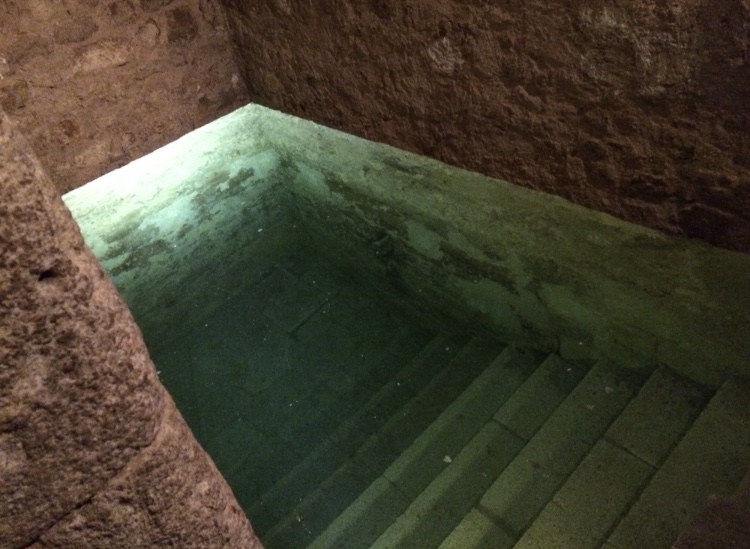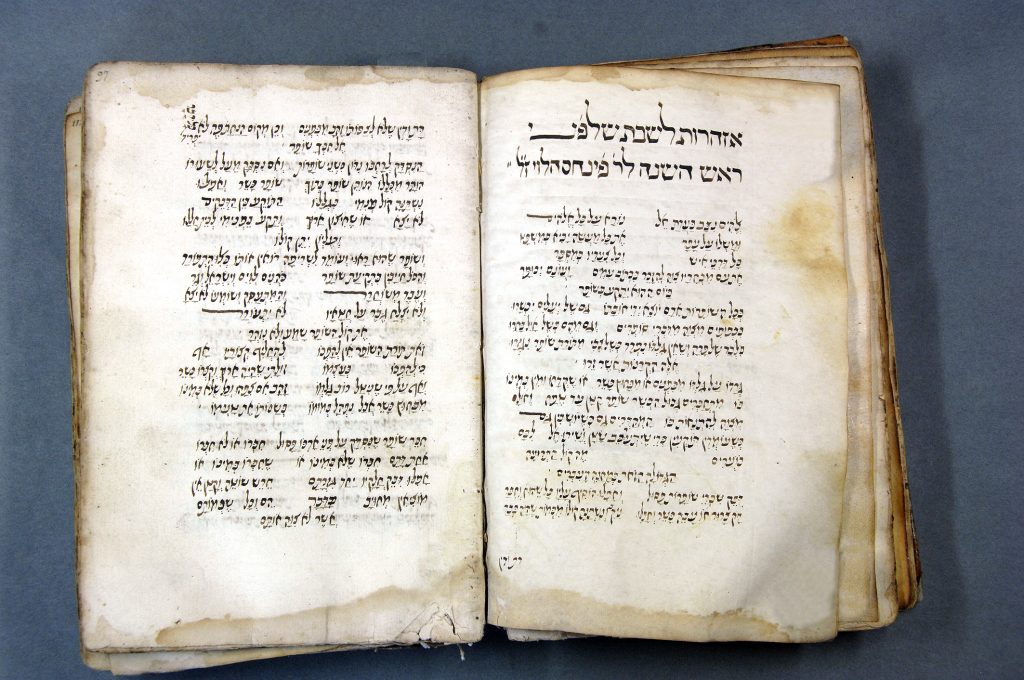The European Days of Jewish Culture offer an amazing programme this year, including a narrative itinerary tracing the footsteps of the Jewish diaspora. We meet Michaël Iancu, director of the Maïmonide, Averroès, Thomas d’Aquin University Institute.

What events are planned for the EDJC in Montpellier?
The traditional visit to the medieval synagogue complex on Rue de la Barralerie, including community buildings such as the 12th-century mikveh, one of the few mikvaot in Europe to have been uncovered, and the site of the Domus Helemosine (House of Charity and House of Studies).
As this year marks the 25th anniversary of the JECJ, we have asked storyteller Susana Azquinezer to put together a narrative itinerary tracing the footsteps of the Jewish diaspora between East and West.
What other cultural events are planned for the autumn?
We are currently finalising the programme for 2025-2026. In October, our opening month, we will be hosting a round table discussion on ‘The Genesis of Montpellier’ with Mayor Michaël Delafosse, archivists and academics. The date will be confirmed in October. There will also be a meeting with Elie Korchia, President of the Central Jewish Consistory of France, on 29 October in the Pétrarque Room. And a meeting with Henri Peña-Ruiz on secularism, the date of which is yet to be confirmed.

The Maimonides Institute is an important venue for intercultural encounters. Do you think it is even more urgent to promote such encounters today?
Yes, absolutely! In a quarter of a century, our institute has successfully promoted dialogue, exchange and knowledge. Knowledge is in the institute’s DNA, in Montpellier’s DNA.
We are going to go even further. The City of Montpellier and its Mayor Michaël Delafosse, the Central Jewish Consistory of France with Elie Korchia, the Regional Consistory with Alain Zylberman and myself are working on a museum of Judaism in Montpellier: an interpretation centre on the glorious history of the Jews of Occitania. A major centre of Euro-Mediterranean Jewish heritage since time immemorial, the Provintzia (Languedoc-Provence) was home to small Jerusalems, as attested by Benjamin of Tudela, a traveller from Navarre in Spain, in his Sefer ha-massot. Was it not in our region that knowledge was transmitted between Muslim Iberia and feudal Christianity? Not to mention the contribution to science made by Judaism. A third glorious era of Judaism will therefore dawn in France after Rouen and Troyes, for Tsarfat (northern France). This was the Provintzia!